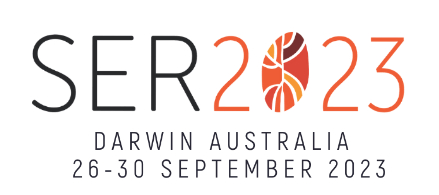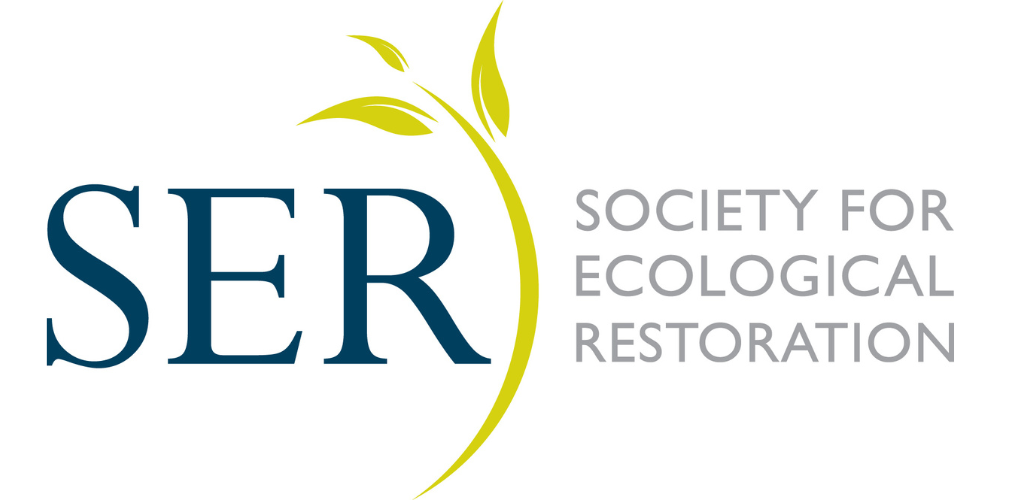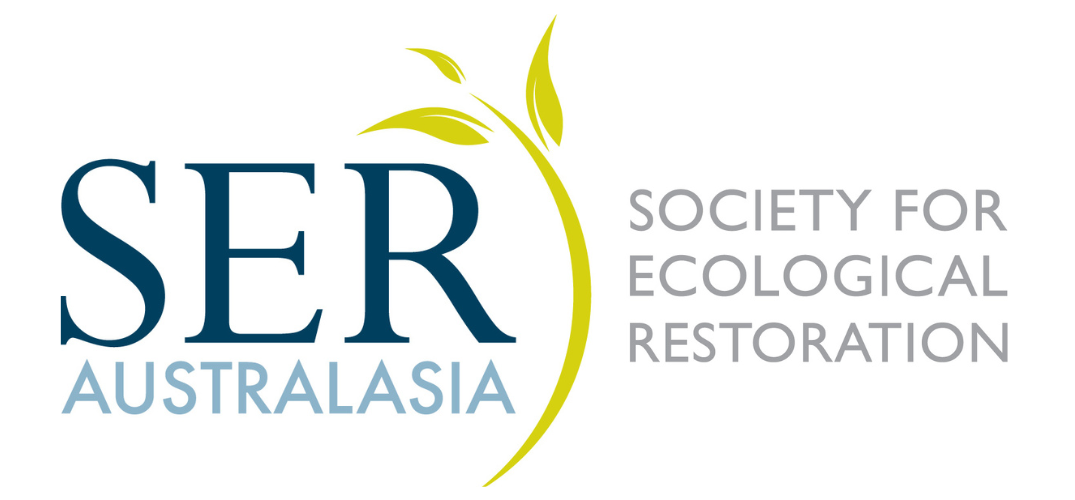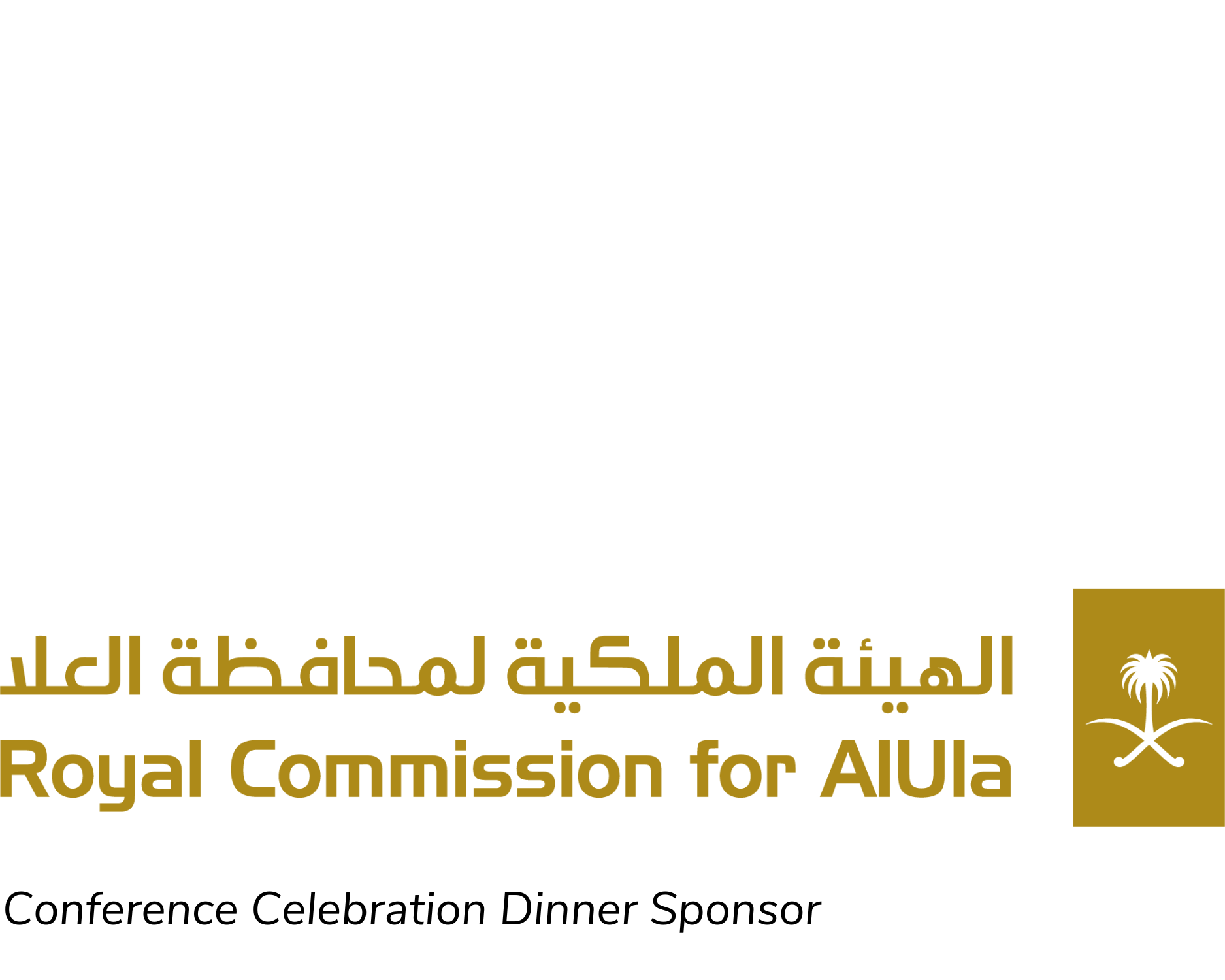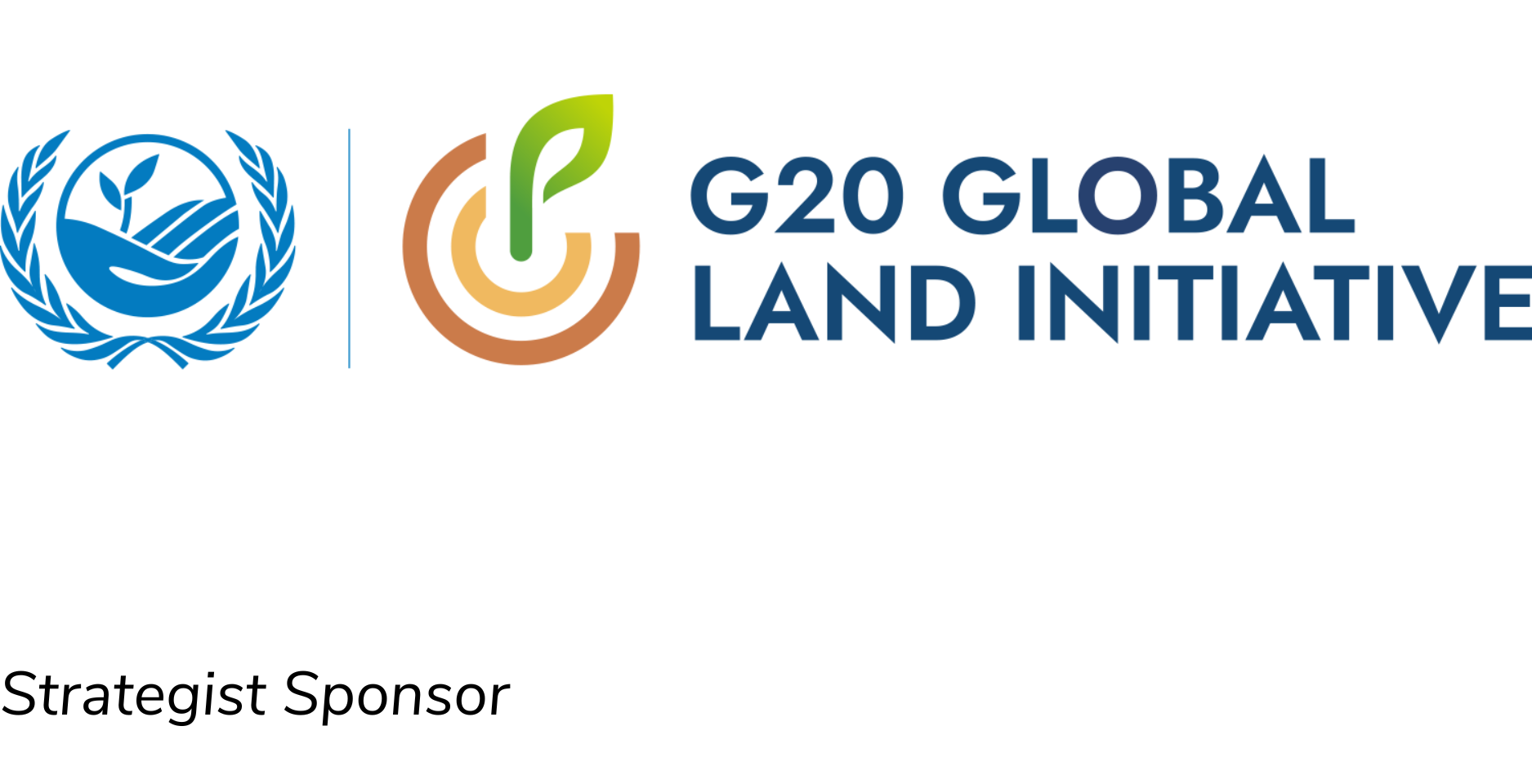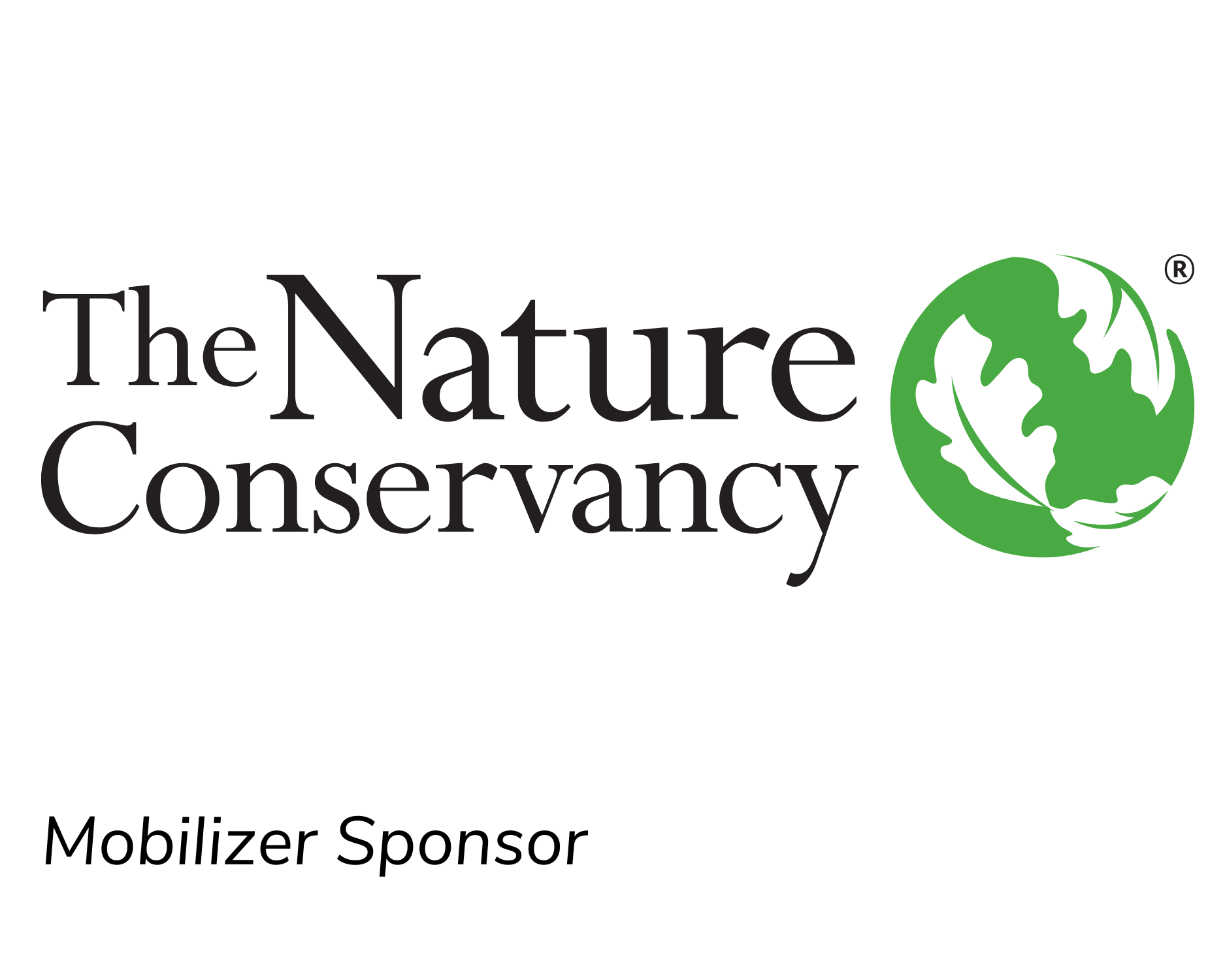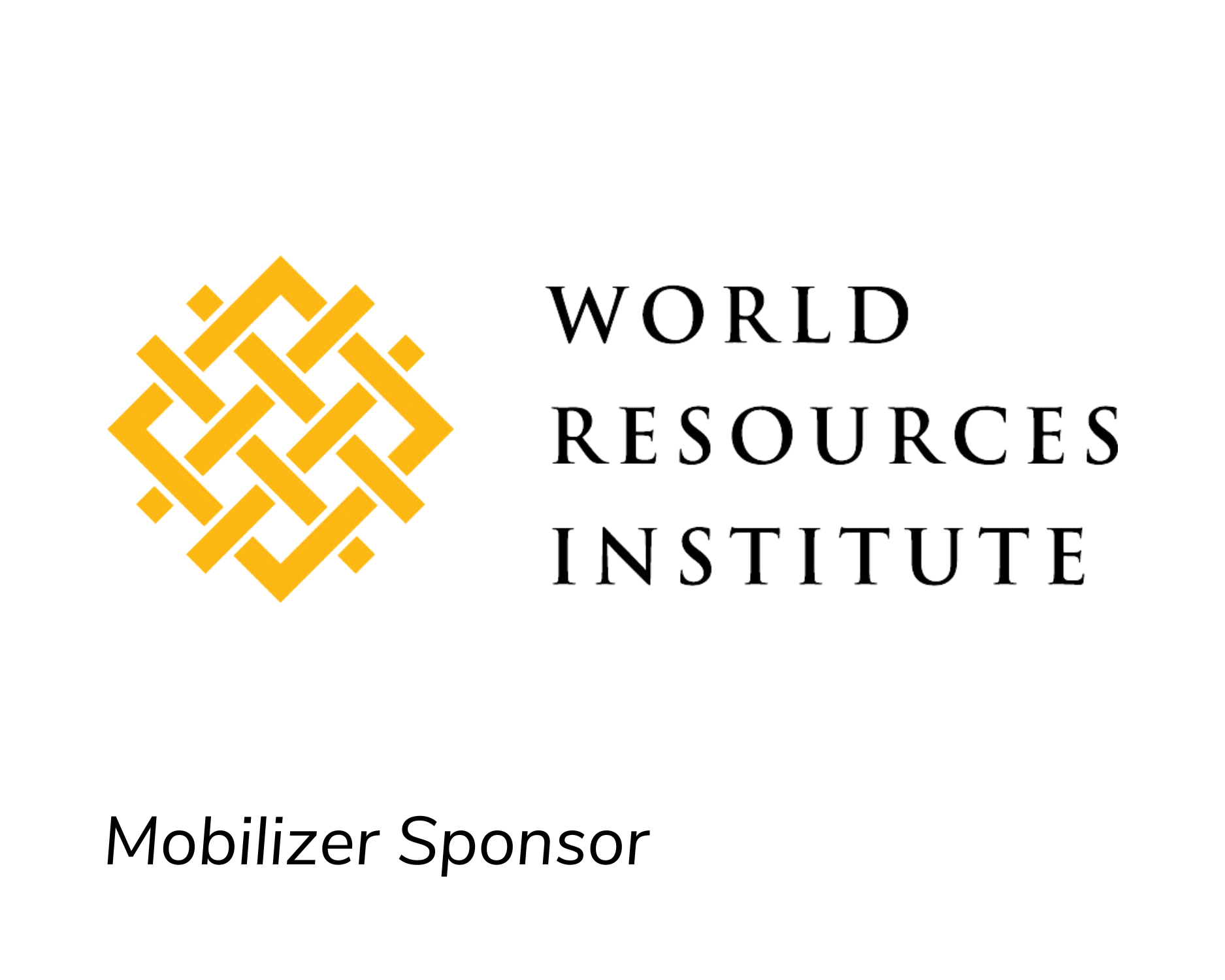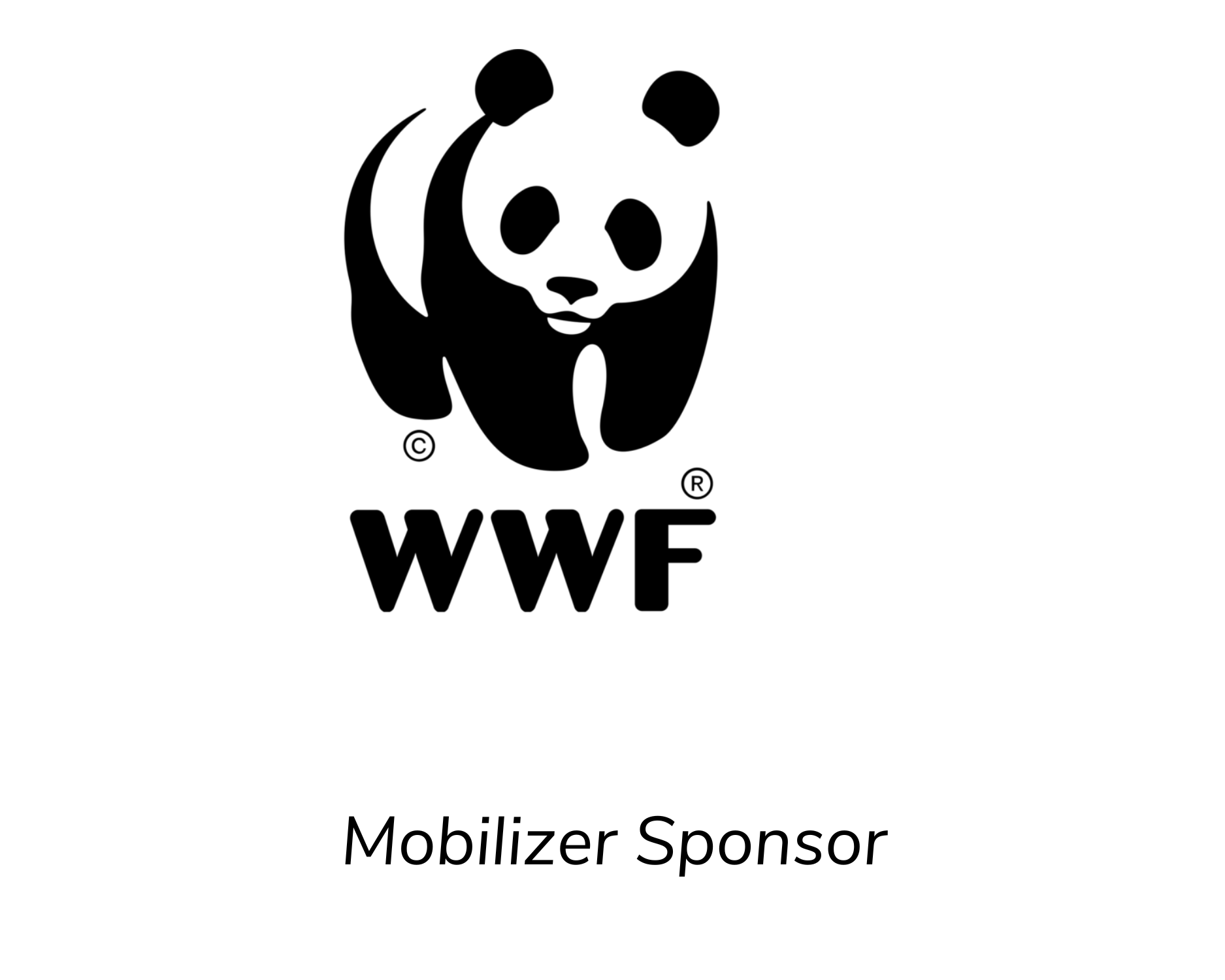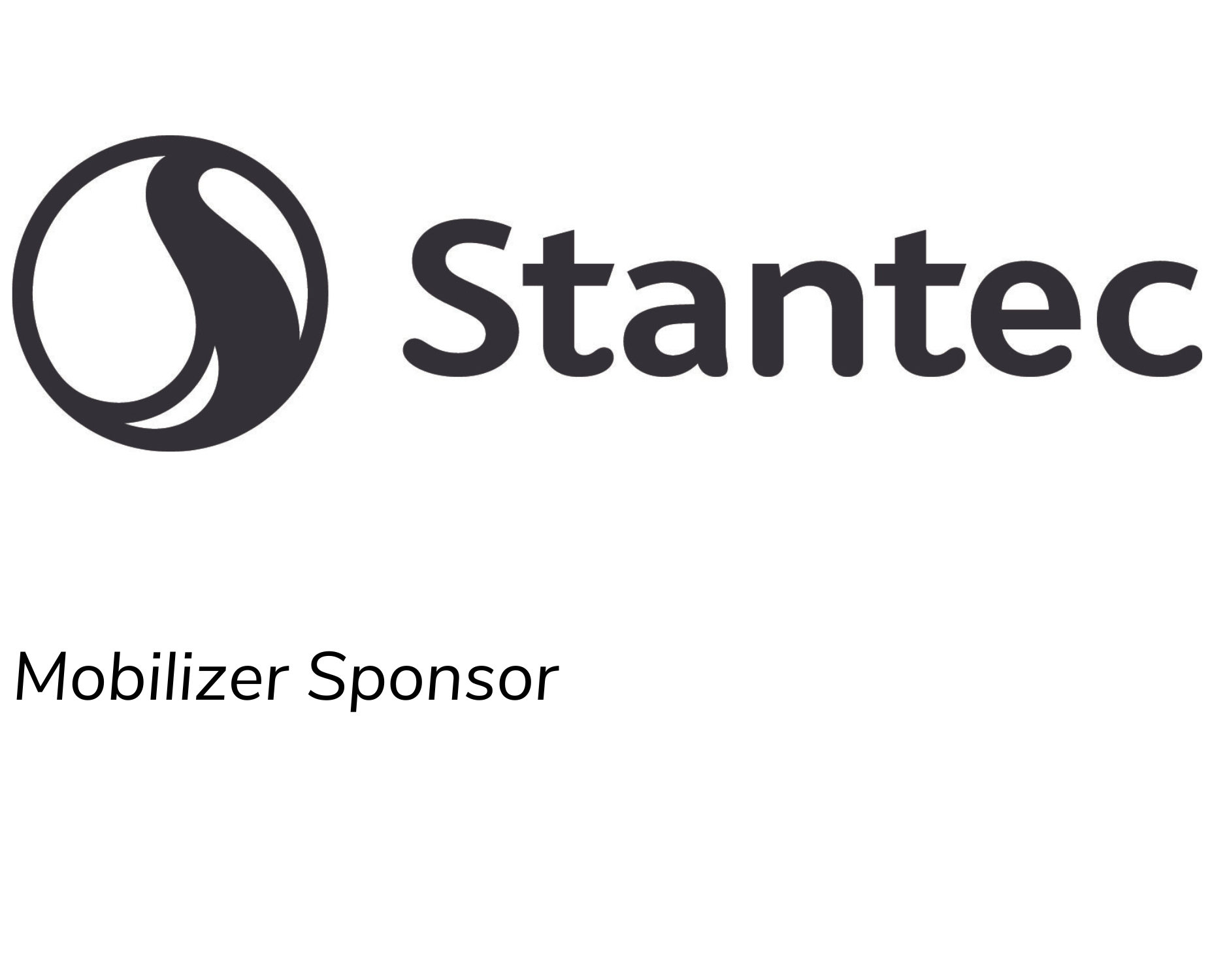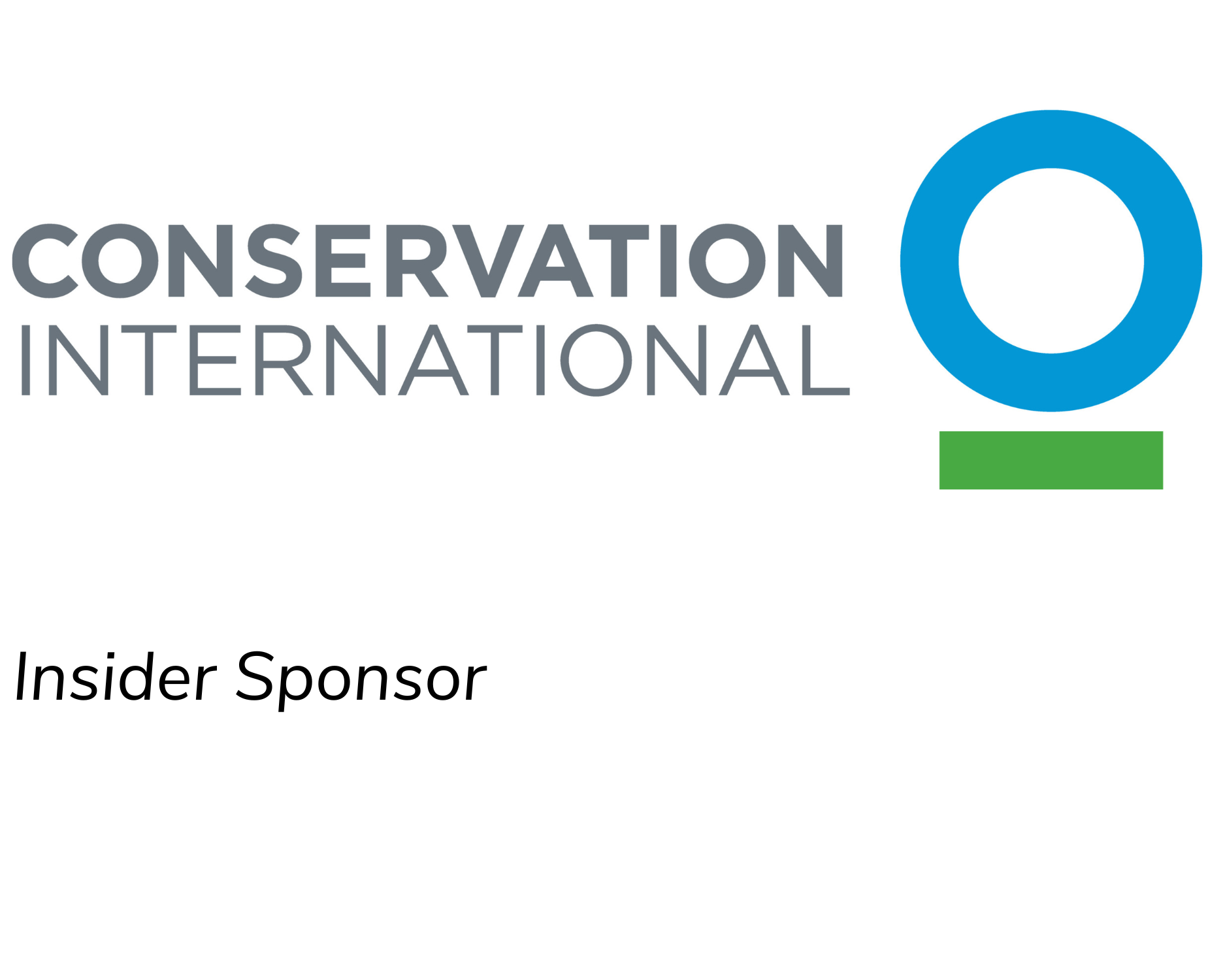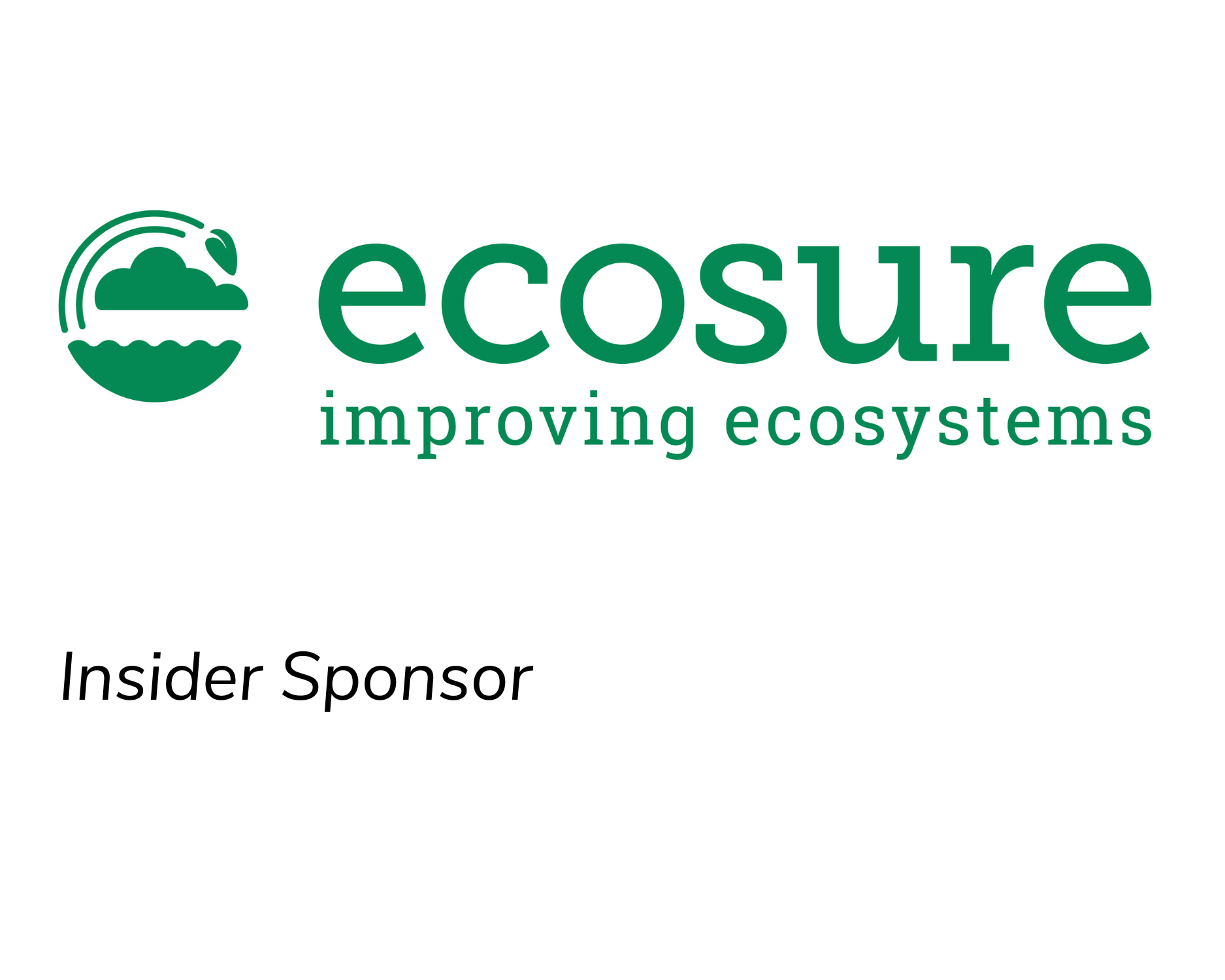Abstract submissions for SER2023 are now closed. We have received more than 1,200 abstracts to be reviewed. Notifications of acceptance or rejection are being sent the week of 3 April. Please check your spam/junk folder in case you do not receive notification. All submitters will receive a follow up email with additional instructions the week of 10 April. Please direct all questions to worldconference@ser.org.
The Scientific Program Committee has closed abstract submissions for new individual oral presentations, lightning talks and poster presentations, as well as accepted symposia, training courses and workshops to be held at SER2023, the 10th World Conference on Ecological Restoration. The conference will be held in person on 26-30 September 2023 in Darwin, Australia with a separate opportunity for virtual participation and content delivery at a Western Hemisphere time zone-friendly time during the week of 6 November 2023. The structure and duration of the virtual component will depend on the number of accepted proposals and abstracts. The theme for the conference is “Nature and people as one: celebrating and restoring connection.”
SER2023 focuses on the connection between culture and nature, including the role of restoration in enhancing and rebuilding that connection, while also elevating the value of traditional and local ecological knowledge and practice. Recognizing the value of diversity not just in the natural, but also the human world, and consistent with SER’s emphasis on diversity, equity, and inclusion. SER not only welcomes, but strongly encourages a diversity of perspective and representation throughout the conference.
Call for Abstracts
- Oral presentations: Speakers will each have 15 minutes for their presentations (10-12 minutes for their talk and 3-5 minutes for questions).
- Lightning Talks: These talks are both time and slide limited (e.g. 5 minutes; no more than 7 slides (guidance not yet finalized). Speakers will not be allowed to exceed their allotted time. Several lightning talks will be presented in succession, and then there will be a general question and answer period at the end. SER will try to group common themes together for lightning talk sessions.
- Posters: Posters focus on a wide range of ecological restoration topics. There will be one or two poster sessions during the conference and poster authors will be expected to be available to discuss/answer questions about their research during the poster session. We are exploring mechanisms to provide poster presenters with the ability to record a very short explanation of their poster for the on-demand virtual part of the conference (e.g. max 3 minutes).
- All abstracts must be submitted through the online submission form below. The submission deadline has been extended to 19 February 2023.
- Abstracts must be submitted in English.
- Scientific merit, with emphasis on new research results, cutting-edge developments, novel perspectives, and innovative or interdisciplinary approaches
- Clear relevance to either the conference theme or sub-themes
- Broad applicability for restoration professionals working in a variety of contexts, ecosystems, or geographical locations
- Submission of a complete and compelling abstract
- Biome: Arid/Semi-arid lands
- Biome: Forest
- Biome: Grassland
- Biome: Riparian/Aquatic/Freshwater/Wetland
- Biome: Coastal/Marine
- Making an Impact: Agricultural lands
- Making an Impact: Carbon, food, and human wellbeing
- Making an Impact: Climate
- Making an Impact: Endangered and threatened species
- Making an Impact: Forestry
- Making an Impact: Mining, oil, and gas
- Making an Impact: Other
- Making an Impact: Policy, law, and economics
- Making an Impact: UN Decade on Ecosystem Restoration
- Making an Impact: Urban
- Restoration in Practice: Databases and tools
- Restoration in Practice: Ecosystem services
- Restoration in Practice: Fire
- Restoration in Practice: Funding and Finance
- Restoration in Practice: Indigenous led restoration
- Restoration in Practice: Indigenous values in restoration
- Restoration in Practice: Integration across scales
- Restoration in Practice: Methods and technology
- Restoration in Practice: Monitoring
- Restoration in Practice: Other
- Restoration in Practice: Scaling up
- Restoration in Practice: Science communication
- Restoration in Practice: Seed and plant materials (e.g., technology, sourcing, genetics, climate adaptation)
- Restoration in Practice: Social dimensions
- Restoration in Practice: Soils
- Restoration in Practice: Standards and evidence-based restoration
